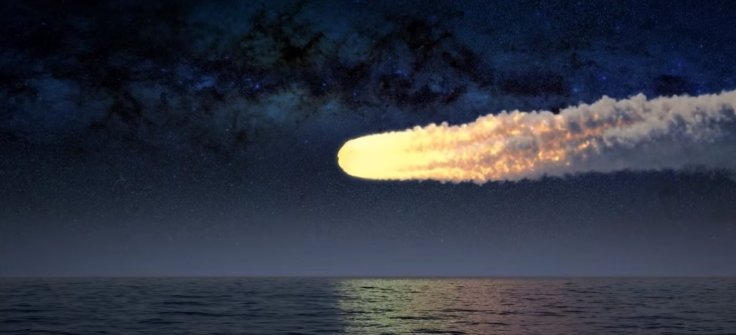It was around 66 million years ago that a giant asteroid hit Earth and resulted in the extinction of dinosaurs along with several other species from the blue planet. However, this event, widely considered the most deadly asteroid impact on Earth, played a crucial role in determining the future of plant life, especially tropical rainforests.
How Asteroid Impact Affected Rainforests?
A new study report published in the journal Science sheds light on how the asteroid impact that happened at the end of the Cretaceous period paved the way for the evolution of rainforests, which is now widely considered the most diverse ecosystem on Earth.

During the study, researchers collected and analyzed thousands of samples of fossil pollen, leaves, and spores collected from various sites across Colombia. Later, scientists tried to figure out the plants which were dominant in the ancient days, and how insects interacted with those plants.
The study results suggested that the temperature of these rainforests was hot and humid in the ancient days, as it is today. But the composition and structure of these forests were quite different before the asteroid impact.
Asteroid Hit Rampaged Rainforests
In the study report, researchers noted that the deadly asteroid hit led to a 45 percent decrease in plant diversity, and it took more than 6 million years for the forest to recover from this impact. In this time of revival, different species of plants replaced the old ones, and the proportion of flowering plants increased dramatically.
"A single historical accident changed the ecological and evolutionary trajectory of tropical rainforests. The forests that we have today are really the by-product of what happened 66 million years ago," Carlos Jaramillo, the study author, and a paleopalynologist at the Smithsonian Tropical Research Institute in Panama City told Science News.
According to the study report, rainforests in modern days are significantly more biodiverse, when compared to the state of these forests before 66 million years. Researchers noted that densely packed canopy structures increased competition among plants, and it could be one of the reasons behind the rich biodiversity.









